Closing Session
Parallel session highlights and the identification of key Just Transition themes
After our parallel sessions finish broadcasting at 15:00, we bring our audiences back together for the final hour of the day as we build towards our final call to action.
In the first of two short round table discussions, Dr Martin Valenti and spokespeople from each of our afternoon parallel sessions – on youth engagement, future skills, circularity, transport, public services and the built environment – highlight key findings and best practice examples from their sessions. The aim is to identify overarching ideas and principles that will feed into wider just transition objectives.
Generating green opportunities and meeting Just Transition goals
In developing and delivering Scotland’s Contribution to COP26: a joined-up Just Transition, a powerful new partnership has been established across the research, policy and innovation communities of Scotland’s public and third sectors. In the second round table discussion, Dr Alicia Greated, CEO of KTN UK, brings together a representative cross section of partnership CEOs to discuss what happens next. How has today’s conference shown us how Scotland can generate green opportunities and accelerate the creation of new green jobs to meet just transition goals?
The group will close out by considering how they will share lessons learned, explore the potential wider impact of the partnership, and discuss the optimum way to pool the collective experience to solve critically important climate change challenges.
Finally, we will share the day’s call to action.
VIDEO
SPEAKERS
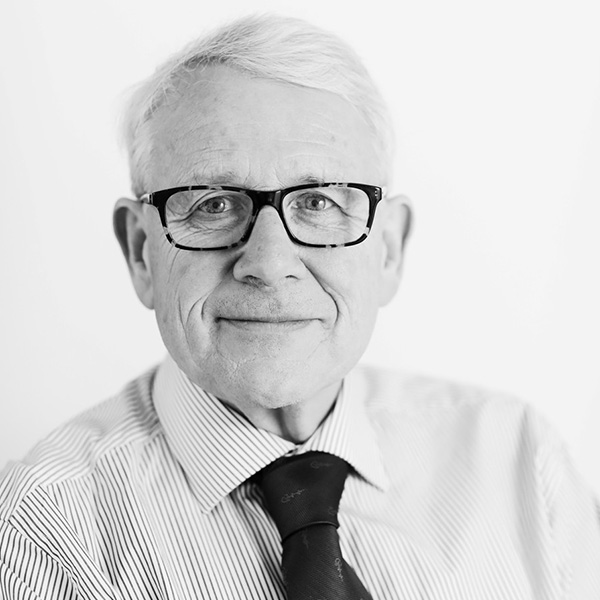
Professor George Crooks OBE
Chief Executive Officer, Digital Health & Care Institute
Professor George Crooks is the Chief Executive of the Digital Health & Care Institute, Scotland’s national innovation centre for digital health and care.
He leads an organisation that is tasked with delivering innovation in digital health and care that will help Scotland’s people to live longer, healthier lives and create new jobs for the economy.
He was previously the Medical Director for NHS 24 and Director of the Scottish Centre for Telehealth & Telecare. George was a General Medical Practitioner for 23 years in Aberdeen latterly combining that role as Director of Primary Care for Grampian. George is on the Board of the European Connected Health Alliance. He is currently a Board member and past president of the European Health Telematics Association. He is also an adjunct Professor of Telehealth at the University of Southern Denmark.
George was awarded an OBE in the Queen’s New Year Honours List 2011 for services to healthcare.
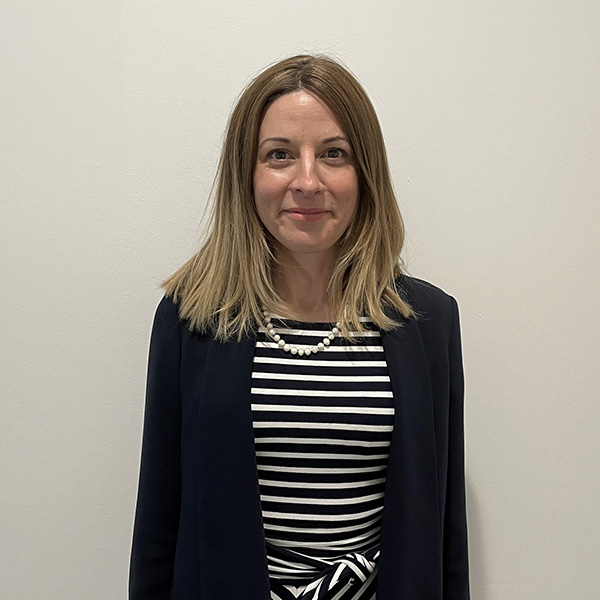
Jennifer Tempany
Co-founder and COO, Fuel Change and Director of Strategic Partnerships and Business Development, Forth Valley College
Jennifer Tempany is a Chemical Engineering Graduate from Edinburgh University and commenced work as a Process Engineer with BP in Grangemouth. During her nine years at the site she held a number of engineering positions, led on a site wide £5M ‘Lean Management’ programme and latterly was the Technical Early Development Manager for the UK, responsible for BP’s apprenticeship and graduate programmes.
Jennifer moved to Forth Valley College in 2007 and currently is the Director of Strategic Partnerships and Business Development responsible for the leadership of commercial and non-SFC income for the College. This encompasses delivering on city, growth and innovation deals with our regional partners as well as overseeing the provision for more than 1,400 modern apprentices, vocational and commercial activity with local, national and international businesses. Jennifer is a national college sector lead for a number of skills areas.
Jennifer is COO and co-founder of Fuel Change.
Fuel Change is a social enterprise movement, which taps into the potential of youth to help fight the climate crisis. Fuel Change unleash the underestimated skills and energy of Scotland’s youth by partnering with educators and businesses to help solve their carbon challenges.
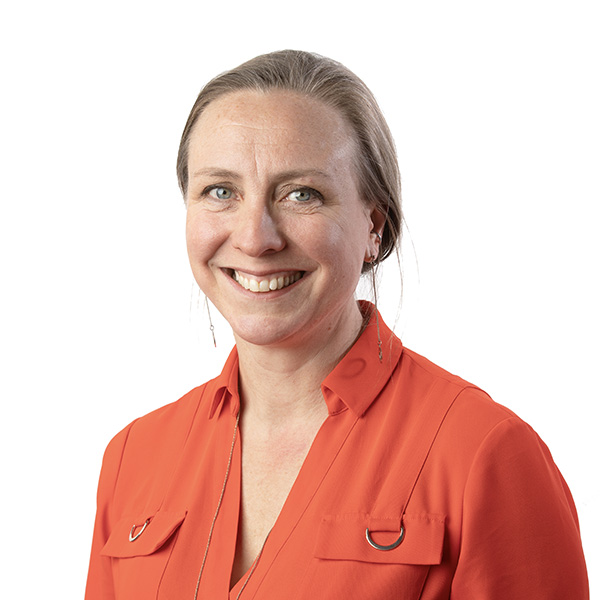
Dr Alicia Greated
Chief Executive Officer, KTN
Dr Alicia Greated is the Chief Executive Officer for KTN. KTN exists to connect innovators with new partners and new opportunities beyond their existing thinking – accelerating ambitious ideas into real-world solutions.
Previously Alicia was Global Director, Research Engagement at Heriot-Watt University and prior to that, led the Newton Fund (a £735 million research and innovation fund to enhance the UK’s engagement with global emerging economies) delivery team at the UK’s Department of Business, Energy & Industrial Strategy (BEIS).
In 2008, Alicia moved to Delhi, India where she was founder and Director of Research Council UK (RCUK) India at the British High Commission. After four years in India, she moved to Beijing to become Director RCUK China at the British Embassy in Beijing.
Alicia has worked as acting Director of Research for the Arts and Humanities Research Council (AHRC). She also spent five years at the Engineering and Physical Sciences Research Council (EPSRC) where she was Head of Engineering.
Alicia has a PhD in Molecular Genetics. Alicia is a Fellow of the Institution of Engineering and Technology and member of the UK Government’s Jet Zero Council. She is also member of a number of advisory bodies including the Royal Society’s Science, Industry and Translation Committee and the Scottish Funding Council’s Research and Knowledge Exchange Committee
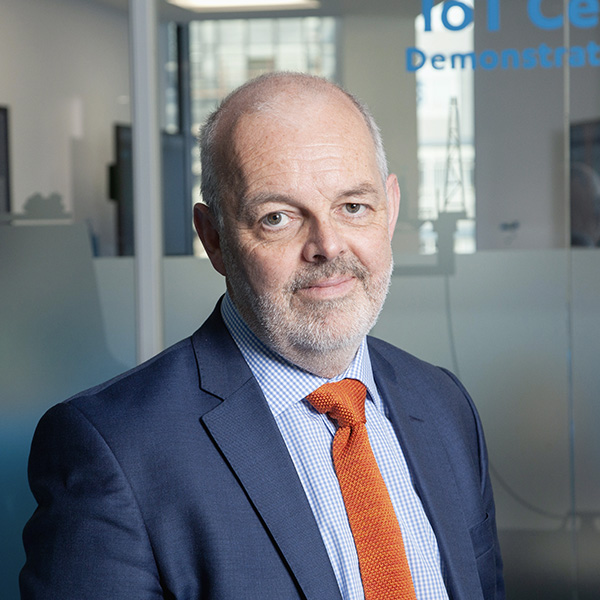
Paul Winstanley
CEO, CENSIS
Paul Winstanley is an entrepreneurial technologist with a substantial track record for applying innovation across multiple market sectors spanning academia, government, SMEs and international PLCs.
Paul’s early career was with UK MoD, then with QinetiQ where he held a number of leadership roles CEO of QinetiQ Inc. Subsequently, Paul founded and ran an SME and then was the inaugural Executive Director Innovation and Investment at the UK Defence Solutions Centre. His business skills include leadership, substantial international P&L experience, capital raising and realising value from technology.
In 2020 Paul had the idea for ‘Scotland’s Countdown to COP26’, a special, one-day, online conference delivered by Scotland’s seven Innovation Centres. That event marked one year until COP26 arrived in Glasgow and explored inclusive growth, cultural change around climate action, and ultimately, how collaboration could achieve national net zero targets.
Paul is now the strategic lead for this follow-on event, Scotland’s Contribution to COP26: a joined-up Just Transition’ and has brought together over 20 organisations to deliver it. In creating this event, Paul has helped establish a powerful new partnership that stretches across the research, policy and innovation communities of Scotland’s public and third sectors.
Paul is passionate about encouraging younger voices to speak out and take action on the climate crisis. Most recently, he mentored teams of modern apprentices for the inaugural Fuel Change challenge, where young people worked together to tackle read industry challenges around climate change and came up with solutions designed for implementation and action.
Married with three adult children, easy conversation topics for Paul are working cocker spaniels, ice hockey and music of almost any genre, especially if it is on vinyl.

Stephen Good BSc, MArch
CEO, Construction Scotland Innovation Centre (CSIC),
As CEO of Construction Scotland Innovation Centre (CSIC), Stephen is responsible for delivering CSIC’s mission; ‘to mainstream an innovation culture that accelerates the transition to a zero carbon built environment’ and CSIC’s vision, to support and enable; ‘a better built environment that delivers inclusive and sustainable economic, social and environmental impact’.
Stephen qualified as a Chartered Architect in 1998 and spent nine years with Anderson Bell + Christie, initially as a part III graduate student progressing to Senior Associate, designing and delivering award winning community regeneration, affordable housing, education and healthcare projects. In 2007, he joined construction group CCG (Scotland) Ltd to lead the technical delivery of their £12 million state-of-the-art offsite manufacturing facility, CCG (OSM) Ltd, now regarded as one of the UK’s most advanced.
Taking on the new role of Design Director at CCG in 2010 saw Stephen add responsibility for R&D and innovation activities across the group with the establishment of the Building Futures Lab, a specialist energy, sustainability, design, research and innovation team.
Having first chaired the industry steering group in 2013 that led the successful bid to Scottish Funding Council to establish CSIC, Stephen has held the role of CEO since the centre’s launch in October 2014, and during this time has grown the organisation from a business plan idea to Scotland’s national innovation centre for construction and the built environment.
To date, CSIC has supported over 400 collaborative innovation projects and programmes that have unlocked over £1.4Bn of additional revenue for businesses, creating new markets in the process, supported the commercialisation of over 300 new products, processes, systems and business models, helped develop new green skills and talent across the workforce with the safeguarding and creation of over 5,000 jobs and contributed to Scotland’s carbon emissions reduction targets through programmes including circular and sustainable building materials, eliminating over 6M tonnes of CO2 emissions to date.
Stephen supports positive change across the industry by contributing time to a number of boards, groups and forums including;
- membership of the Construction Leadership Forum (CLF)
- Co-chair of the CLF’s Industry Data & Insight Group
- Observer on the Construction Scotland Industry Leadership Group
- Membership of the Building Standards Futures Board
- Membership of Scottish Water’s Zero Emissions Expert Panel
- Membership of the UK Construction Leadership Council’s Co2nstruct Zero Steering Group
- Membership of Digital Glasgow’s Smart City Steering Group
- Membership of Offsite Solutions Scotland
- Stephen also currently chairs the Scottish Government panel overseeing the Energy Standards Review of the Scottish Building Regulations which will be launching a consultation in the summer of 2021
With a busy job, 2 teenage children and a dog, there’s not much spare time but, when possible, Stephen enjoys reading and mountain biking and his passion for restoring old VW’s means there’s usually a project lurking in the garage.
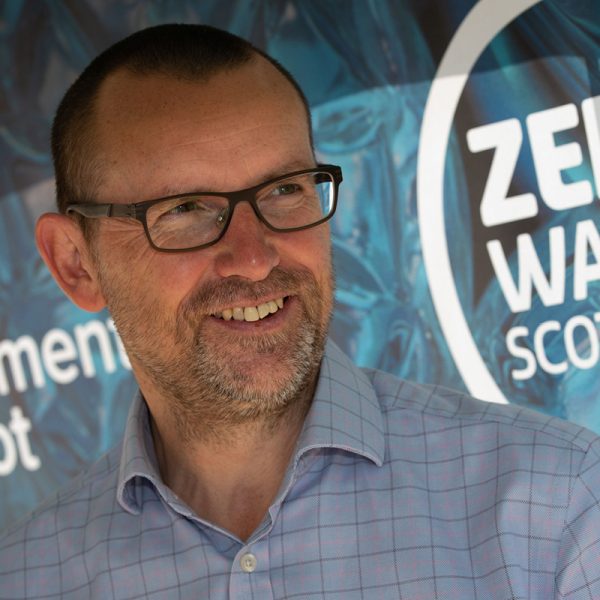
Iain Gulland
Chief Executive Officer, Zero Waste Scotland
Iain is Chief Executive of Zero Waste Scotland and previously led its predecessor programme, WRAP Scotland.
Zero Waste Scotland leads on the delivery of the Scottish Government’s Circular Economy strategy and other low carbon policy priorities, and is at the forefront of efforts to create a resource efficient, circular economy.
Iain has more than 25 years’ experience in sustainable resource management, including initiating recycling systems in the public and third sectors. He is the current President of the Association of Cities and Regions for Sustainable Resource Management (ACR+) and he is a member of a number of Scottish Government strategic groups including the Economy and Environment Leaders Group, the Board of the Low Carbon Infrastructure Transition Programme and the Expert Panel on Environmental Charges. He was voted the ‘most influential person in the UK waste and resource efficiency sector’ in 2014 by Resource Magazine, and he was granted Fellowship of Chartered Institution of Wastes Management in 2016.
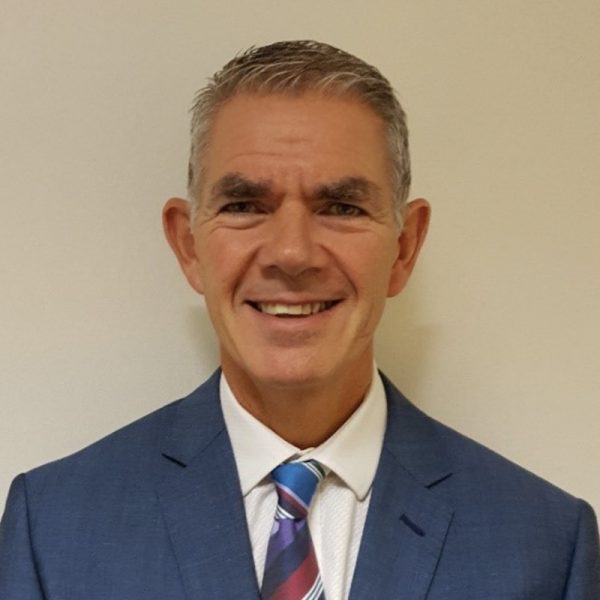
Jim Brown
Director, ESP
Jim Brown is the Director of ESP, a collaboration of Scotland’s colleges. Established in 2011, ESP provides the link between industry, government and its agencies whilst supporting colleges in the development and delivery of programmes to meet industry’s skills needs with a focus on energy, engineering, construction, emerging technologies and STEM with a focus on the just transition to net zero.
Jim is a member of a range of government, industry and college sector groups, and has been instrumental in establishing the group structures and training networks that underpin ESP. Jim entered the college sector from industry. He has worked for two sector skills councils and was also seconded to the Scottish Government to develop their renewable energy skills Framework for Action. He is the skills lead for the Scottish Offshore Wind Energy Council (SOWEC) and represents the college sector on the Scottish climate emergency skills action plan implementation steering group.
Jim also supports a number of strategic projects with Dundee and Angus College including a focus on Industry 4.0 and the Michelin Scotland Innovation Parc Skills Academy.

Jacqueline Redmond
Chair, CENSIS
Jacqueline Redmond has over 25 years international experience in senior positions with energy majors, with expertise in risk management, business development and technology innovation.
She is Chair of CENSIS, one of Scotland’s Innovation Centres focused on sensing and imaging technology, and sits on the Board for the Scottish National Investment Bank (SNIB). Her career highlights include roles as Division Director, Emerging Technology, MIRA with Macquarie Group, where she identified emerging technology that contributed positively to addressing climate change and Chief Risk Officer with Green Investment Bank, where her team managed the charge to stimulate the ‘green economy’ across the UK, India and South East Asia.
Jacqueline also spent nine years with Shell, in roles from General Manager (LNG), Vice President Technology Strategy and until 2015, Senior Deal Lead/Head of Commercial Power where she developed Shell’s position within the global power markets, dealing with regulation, policy, investment and improved community support.
She holds a PhD Energy Economics, BEng (Hons) Electric & Electronic Engineering and a Galileo Master Certificate in Renewable Technology.
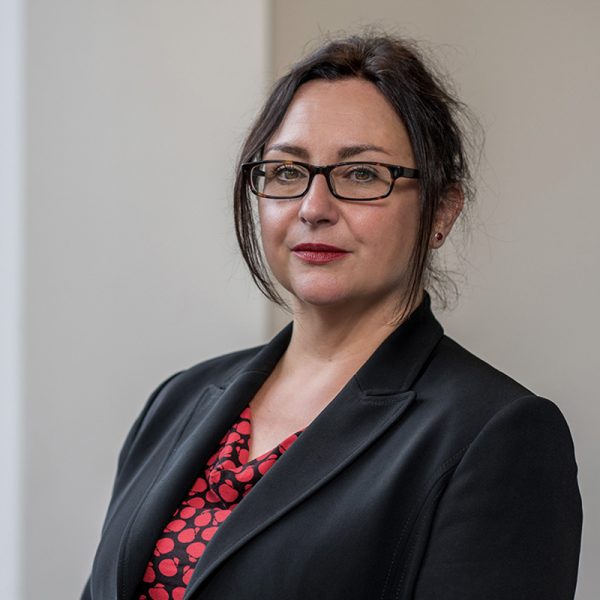
Jane Morrison-Ross
CEO, South of Scotland Enterprise
Jane is the CEO of South of Scotland Enterprise, the newest enterprise agency in Scotland established on 1st April 2020. SOSE is the first of Scotland’s public agencies whose legislation promotes a wider view on the economy and how it impacts all we do, with a focus on communities, jobs, businesses and wellbeing across the South.
Previously, Jane was the CEO of ScotlandIS, the industry body and cluster management organisation for the digital and technology industries in Scotland. She worked on Connecting Scotland (the SG-led digital inclusion programme), and the Digital Nation Challenge in partnership with the SG’s Digital Directorate.
Prior to this, Jane was CEO of Taigh Cearsabhagh in North Uist, and she is also a highly experienced consulting industry executive, a former strategy and transformation specialist with 25 years’ experience working across the public and private sector. She holds board and advisory positions with a number of organisations, is Fellow of the RSA, Chair of a Scottish Charity in Dumfries and a member of the Lay Court of Edinburgh Napier University.
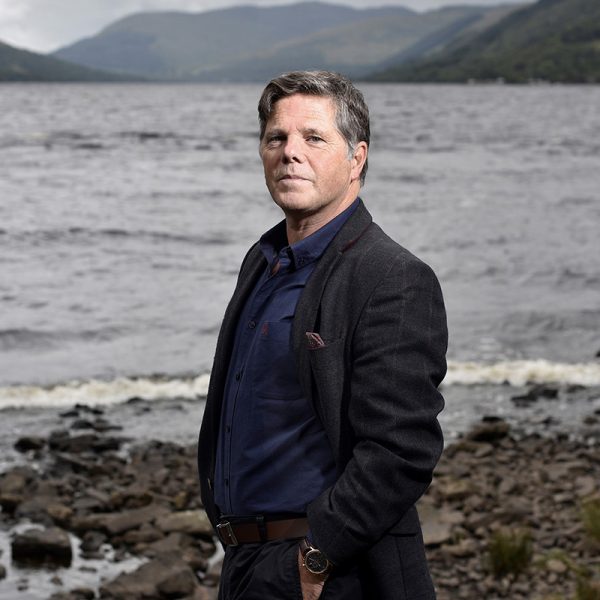
Dr Martin Valenti
Director of Net Zero, South of Scotland Enterprise
Dr Martin Valenti joined South of Scotland Enterprise (SoSE) on 5 July 2021 as Director of Net Zero, and is leading the economic and community development agency’s efforts to help the region to transition to a net zero economy. This includes progressing the work of the South of Scotland Energy Transition Group’s Powering Change call to action.
The appointment is a significant one for the South of Scotland: Dr Valenti is an award-winning sustainability practitioner and serial disruptor with extensive experience of strategic business engagement and innovation. For over 30 years, Martin has worked in a variety of senior management roles shaping and delivering inclusive growth initiatives and directing major collaborative projects including a high profile projects for the Scottish Government on climate change and sustainability.
Dr Valenti worked for the Scottish Environment Protection Agency (SEPA), Scotland’s principal environmental regulator, for 17 years where he held a number of senior positions. He played an instrumental role in setting up Scotland’s 2020 Climate Group and co-created the award-winning 2050 Young Leaders Climate Group. In 2018 he created the Vacant and Derelict Land taskforce to transform how Scotland deals with its post-industrial legacy to make more use of land for commerce and communities.
His most recent role was a secondment to Scottish Enterprise as Head of Climate Enterprise and strategic lead for COP26.

Dr Stuart Fancey
Director of Research and Innovation, Scottish Funding Council
Stuart Fancey studied physics at the University of St Andrews, worked for IBM in Hampshire and returned to study photonics at Heriot-Watt University. Postdoctoral work at Heriot-Watt was followed by a Marie-Curie Fellowship in Germany before he joined the founding management team of Helia Photonics in Livingston in 2002.
Stuart moved to the Scottish Funding Council (SFC) in 2005 to help create research pooling across Scotland’s universities. Since 2016, he has been Director of Research and Innovation at SFC, responsible for the Scottish Government’s support for research and innovation in Scotland’s universities and, increasingly, colleges. Stuart is a Fellow of the Institute of Physics, a Fellow of the Royal Society of Arts and sits on the Board of Northumbria University.
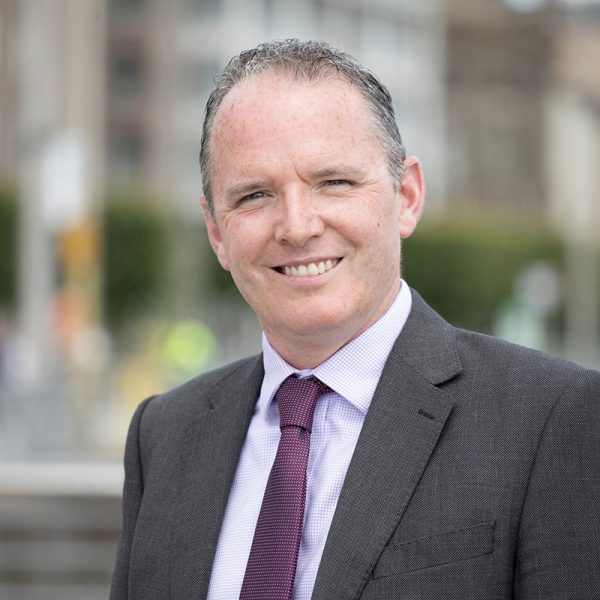
Adrian Gillespie
Chief Executive, Scottish Enterprise
Adrian has been Chief Executive since September 2021.
Prior to this, Adrian was The University of Strathclyde’s first Chief Commercial Officer and member of the University’s Executive Team. He oversaw growth of their extensive industry facing activities, centres and relationships as well as the development of innovative, place-based economic development projects including the National Manufacturing Institute Scotland and the Glasgow City Innovation District.
Before joining Strathclyde, Adrian spent sixteen years at Scottish Enterprise (SE) where he was a member of the Executive Leadership Team and Managing Director of Operations. He led SE’s business support through account management of high growth companies, entrepreneurship development and high growth start-up support, R&D and innovation support, and the Business Infrastructure division. He also held various roles in areas such as the creative industries, digital media and enabling technologies and energy & low carbon technologies.
During the 1990s he held various commercial and financial management positions within Marks and Spencer plc.
Adrian has a Bachelor of Accountancy degree from the University of Glasgow, and an MBA with Distinction from the University of Strathclyde.
He is a former trustee of Glasgow Science Centre, the Glasgow Science Centre Endowment Fund, and a former Board member of Opportunity North East (ONE).

Lucy Black
Director of Innovation and Engagement, Construction Scotland Innovation Centre
Lucy has been with CSIC since July 2016 working with ambitious innovative businesses within the Scottish construction industry, overseeing the development of pioneering new projects and engaging industry in CSIC’s work. With a career in economic development and consultancy focused on innovation and international collaboration for the last 18 years, Lucy has worked extensively with innovative companies and universities across Scotland and Europe within construction and renewable energy. Her expertise lies in building new business models based on innovation and developing strong commercialisation strategies whilst leveraging in appropriate added value from across Scotland’s support landscape. Lucy works with a large industry network creating new relationships between industry and academia, driving forward the Scottish construction industry to deliver higher economic growth with an international outlook.

